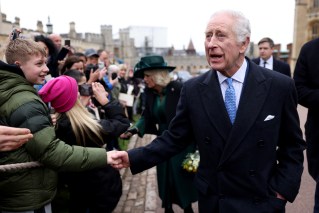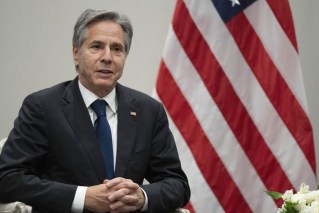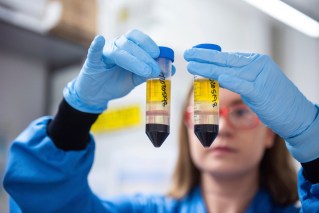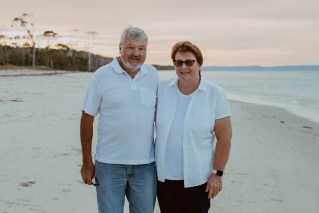‘Stop playing doctor’: Public urged not to panic over woman’s blood clot death
Medical experts have joined Prime Minister Scott Morrison in warning against “media playing doctors” and rushing to conclusions after the death of a NSW woman who developed blood clots a day after receiving a COVID-19 vaccine.
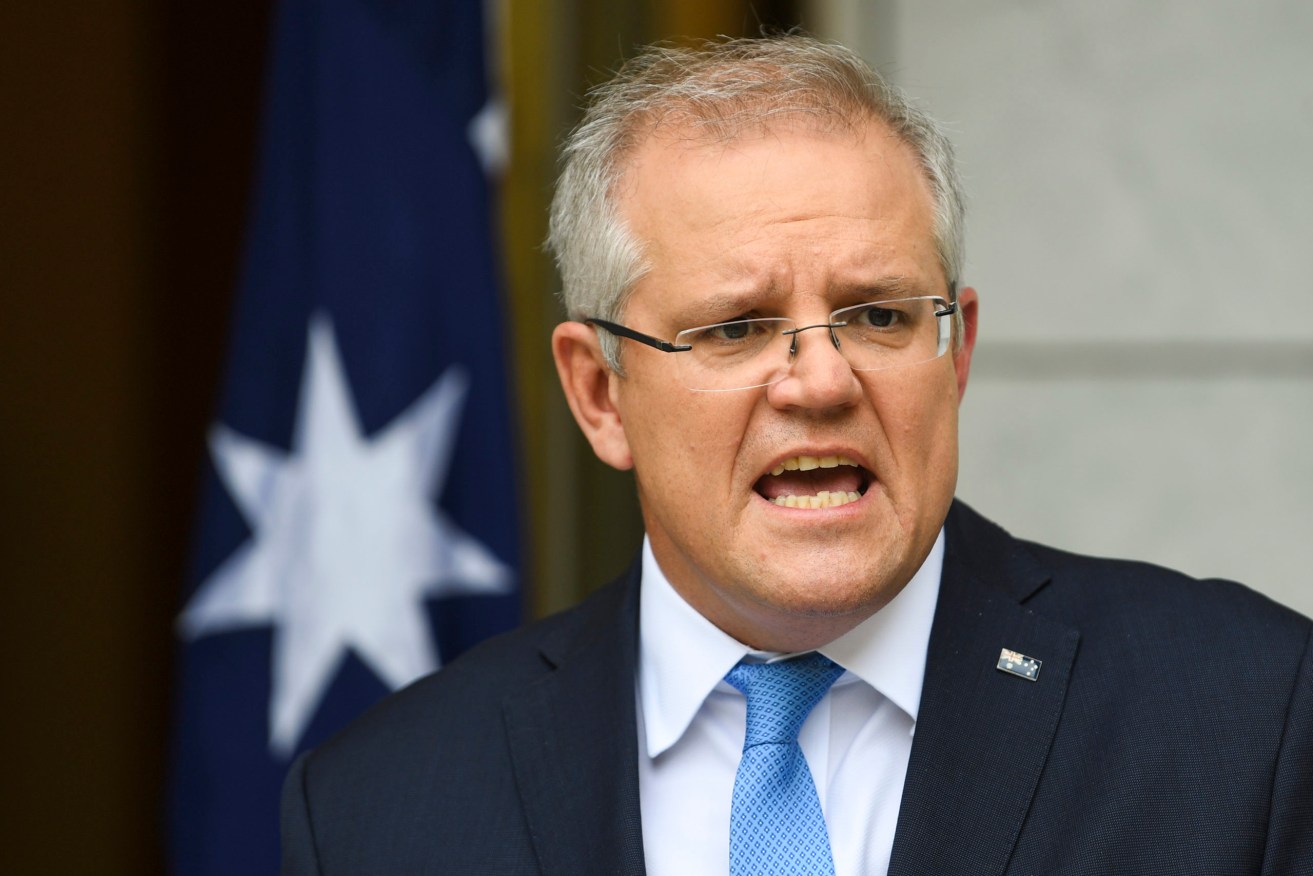
Prime Minister Scott Morrison wants to set a vaccination threshold at which lockdowns will no longer apply. (AAP photo)..
The 48-year-old woman was a diabetic, and preliminary tests have not found a conclusive link to the vaccination.
“It has not yet been established whether there is any link between the COVID-19 vaccine and the tragic death reported by NSW health officials,” the Therapeutic Goods Administration said in a statement overnight.
“NSW Health has said there is no confirmed link but further investigations are underway.”
Vice-president of the Australian Medical Association Chris Moy said elevating unconfirmed vaccine side effects or complications — without appropriate context — could have a devastating effect on public confidence.
“What we’re seeing at the moment, which is something we all feared, is that the media scrutiny — because of the heightened anxiety about the vaccines — is microscopic on every single thing that has gone on with the vaccine,” Dr Moy said.
“Whether or not it has anything to do with the vaccine.”
He said in many cases, conclusions were being drawn and shared by people with little or no expertise and warned the media would be partly responsible if unvaccinated Australians get seriously ill from COVID-19.
“The concern is that this over-analysis at the moment, without real knowledge, is essentially the media playing doctor,” he said.
“And it’s actually causing a material effect on vaccine confidence, which really shouldn’t be the role of the media.
“Particularly if they’re actually having negative effects when they are reporting things which ultimately have nothing to do with the vaccine at all.”
The federal government’s dumped timetable means Australia’s border is unlikely to reopen until 2022.
Senior government minister Simon Birmingham said experts were still looking at how reopening could work in line with the vaccine rollout.
The vaccines reduce the risk of serious health consequences from coronavirus.
“What is less clear are questions around the extent to which the vaccines reduce the rates of transmission,” Senator Birmingham told Sky News on Friday.
“So somebody who is vaccinated could still get COVID – the odds are they won’t get sick – but could they pass it on to somebody else who may not have been vaccinated?
“Those questions and analysis around transmission are a live piece of work happening around the world at present.”
Morrison said Australians had become used to recording days of zero community transmission but that would need to change.
“If we were to lift the borders and people were to come, then you would see those cases increase,” he told 6PR radio.
“Australians would have to become used to dealing with a thousand cases a week or more.”
The government will also have to consider the possibility of Australians needing a third Pfizer jab, after the company’s boss predicted that would be the case to maintain protection against the virus.
Morrison on Thursday said state and federal authorities would continue to look into the woman’s death.
“There is a lot more to understand and learn about that issue and I would caution others in making conclusions about this at this point as well,” he told reporters near Newman in Western Australia’s Pilbara region.
“We’ve been very transparent, very transparent when it comes to information on these issues and people can expect us to do that.”
Morrison said potential concerns around vaccine hesitancy meant it was important that the matter was fully investigated by medical experts.
“It’s important, because of the fact that people can have concerns, that we follow that important process, to inform ourselves properly,” he said.
A NSW Health spokesperson said the department would not speculate on individual cases, but offered condolences to the family of the woman who died.
“The death of anyone is always a tragedy and our condolences are with the family and loved ones of the person who has passed away,” the spokesperson said in a statement on Thursday night.
The Therapeutic Goods Administration is responsible for regulating and monitoring the use of COVID-19 vaccines in Australia, but NSW Health is notified when a serious or unexpected adverse event occurs.
“Many conditions can arise during normal life, whether or not a vaccine is administered, but it remains important to report any new serious or unexpected events so that safety can be appropriately monitored,” the administration said.
It has not been publicly confirmed which vaccine the woman received.
“The blood clotting disorders being investigated in connection with the AstraZeneca vaccine are very rare and differ from common blood clots or venous thromboembolism, which occur in around 50 Australians every day,” the TGA said.
“The clotting disorder being investigated in connection with the AstraZeneca vaccine, which is now referred to as ‘thrombosis with thrombocytopenia syndrome’, has been confirmed in only two cases out of over 700,000 people who have received the AstraZeneca vaccine in Australia.”
Australians under the age of 50 were last week warned off receiving the AstraZeneca vaccine, after a link was confirmed between the jab and rare blood clots.
Two people have developed bloods clots likely linked to their AstraZeneca jab in Australia – a woman in Western Australia and a man in Victoria, both aged in their 40s.

